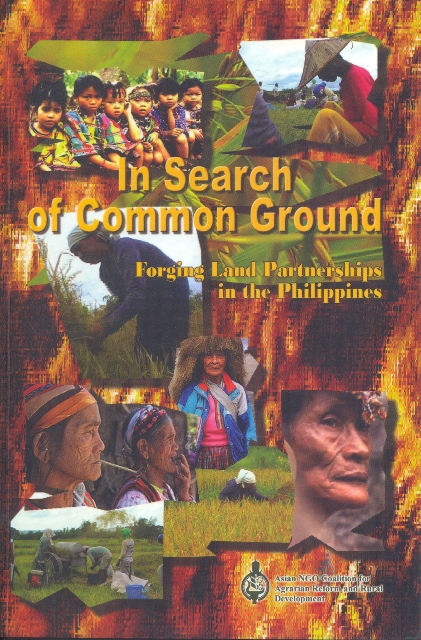Land and agrarian reform in the 21st century: changing realities, changing arguments?
Asks what convincing rationales exist for land reform in the 21st century and for land policies and programmes that have poverty reduction as their key objective? Argues that the economic bases of pro-poor land reform need reformulating in the rapidly changing conditions of the contemporary world. The unequal structures of international agricultural trade regimes need to be made integral to thinking about agrarian reform. Includes a table with arguments for land reform.









